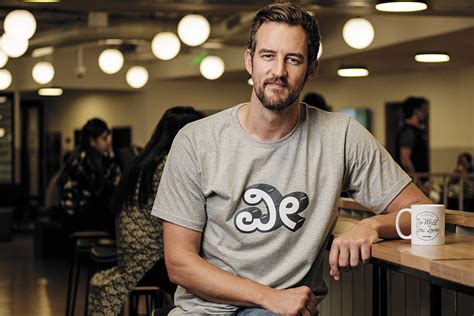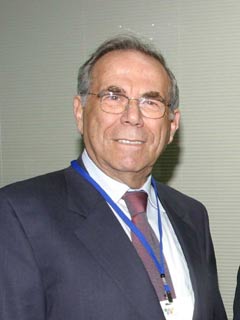A Quote by Kimberly Bryant
I'm looking to see more women of color not only in companies in technology, but also creating companies.
Related Quotes
In Europe, we don't only take offence when one company is treating another company in a way that's illegal. We also look at if governments are joining up with companies that makes it more difficult for other companies. We also see that sometimes government actions can make it very difficult for businesses to compete on their merits.
When the trust is high, you get the trust dividend. Investors invest in brands people trust. Consumers buy more from companies they trust, they spend more with companies they trust, they recommend companies they trust, and they give companies they trust the benefit of the doubt when things go wrong.
There is more interest in what is occurring in technology companies that impact news. Such companies don't have the same sense of transparency about what they do. They have a tradition of secrecy about products, mores and decision-making that goes along with Silicon Valley and intellectual property and technology. You cannot step onto the grounds of Google without signing a Non-Disclosure Agreement. That industrial secrecy mentality exists along with a theoretical sensibility about transparency on the Web, which is different than transparency inside companies that profit from the Web.





































